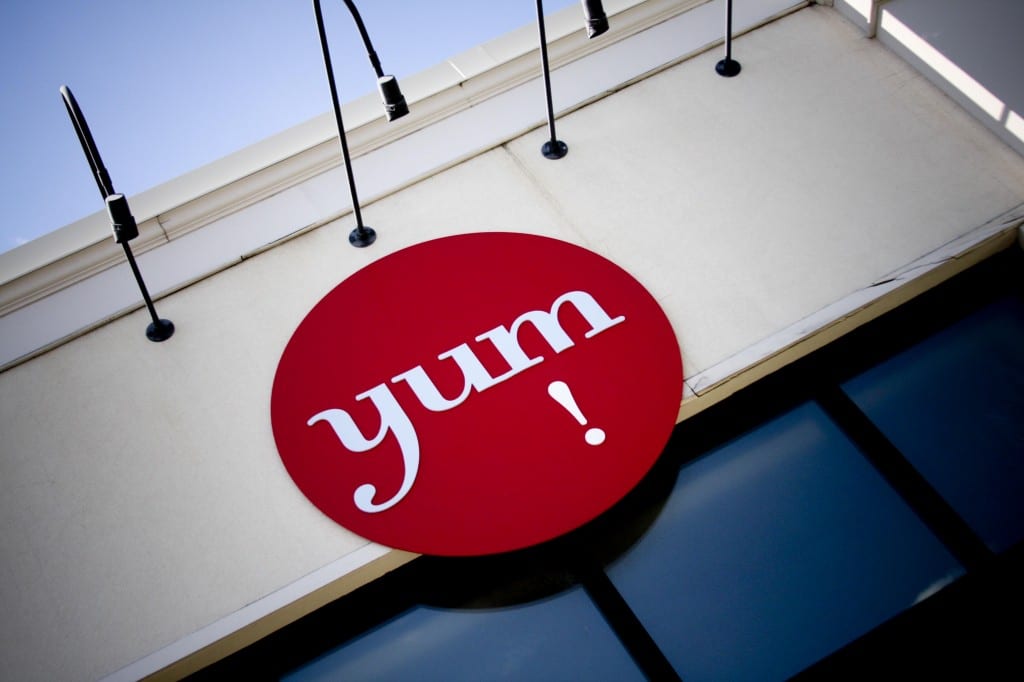
Yum China Holdings, the owner of the KFC and Pizza Hut restaurant chains in China, has decided to shut down its struggling fast-food brand, East Dawning, after it failed to survive the Covid-19 pandemic.
The company said in its annual report that the remaining five outlets of the Chinese-style quick-service restaurant (QSR) brand would cease to operate within 2022.
“The brand was severely impacted by the Covid-19 pandemic,” the report said. “As a result, we have decided to wind down operations of the brand.”
The annual report, filed to the Hong Kong stock exchange, did not provide financial data for East Dawning, which was established by Yum on the mainland in 2005. The chain kicked off with about 100 restaurants nationwide located mainly at airports and train stations. But the number has fallen drastically over the years amid stiff competition. By 2012, the chain had dwindled to 30 restaurants, and by 2020 only eight outlets of the brand remained.
Disease outbreak dealt a fatal blow to the brand, but it has not been successful over the past decade due to stern challenges from a raft of local restaurant chains,” said Chen Xiao, CEO of Shanghai Yacheng Culture, a consultancy dealing with marketing and branding for foreign and local companies. “After all, the five outlets and the brand are of little value to Yum’s businesses in China.”
East Dawning, in Chinese, literally means that the east is lit up by the light of dawn.
Su Shi, a poet during the Northern Song dynasty (960-1127) wrote in his poem the Red Cliffs that a group of friends were so obsessed with a dinner party on a boat that they did not notice the east was lit up by the light of dawn.
East Dawning was the first Chinese-style fast-food brand created by Yum to tap the market potential on the mainland. It combines KFC’s business model with Chinese cuisine. The menu includes steamed pastries such as buns, and Chinese tea.
The fast-food brand has been eclipsed by the rise of Chinese restaurant chains such as Da Niang Dumpling and Yang’s Dumplings which are adept at cooking Chinese food to appeal to local tastes.
China’s catering sector has taken a beating from the coronavirus outbreak over the past two years as lockdown measures and social distancing rules have kept customers at bay.
In 2020, restaurants across the mainland reported total revenue of 3.95 trillion yuan (US$625 billion), down 15.4 percent on the year, according to the National Bureau of Statistics.
In the first half of 2021, the catering industry raked in sales of 2.17 trillion yuan, up 48.6 per cent from a year ago, but virtually unchanged from the same period of 2019.
Yum China, whose other brands include Little Sheep, Huang Ji Huang and Coffii & Joy, operates more than 11,700 outlets on the mainland.
It reported net profit of US$525 million in 2021, down 15 per cent from the previous year. Revenue grew 19 per cent to US$9.85 billion.
Its shares trading in Hong Kong were changing hands at HK$378 (US$48.37) on Monday afternoon, having slumped 8 per cent from their initial public offering price of HK$412 in September, 2020.

